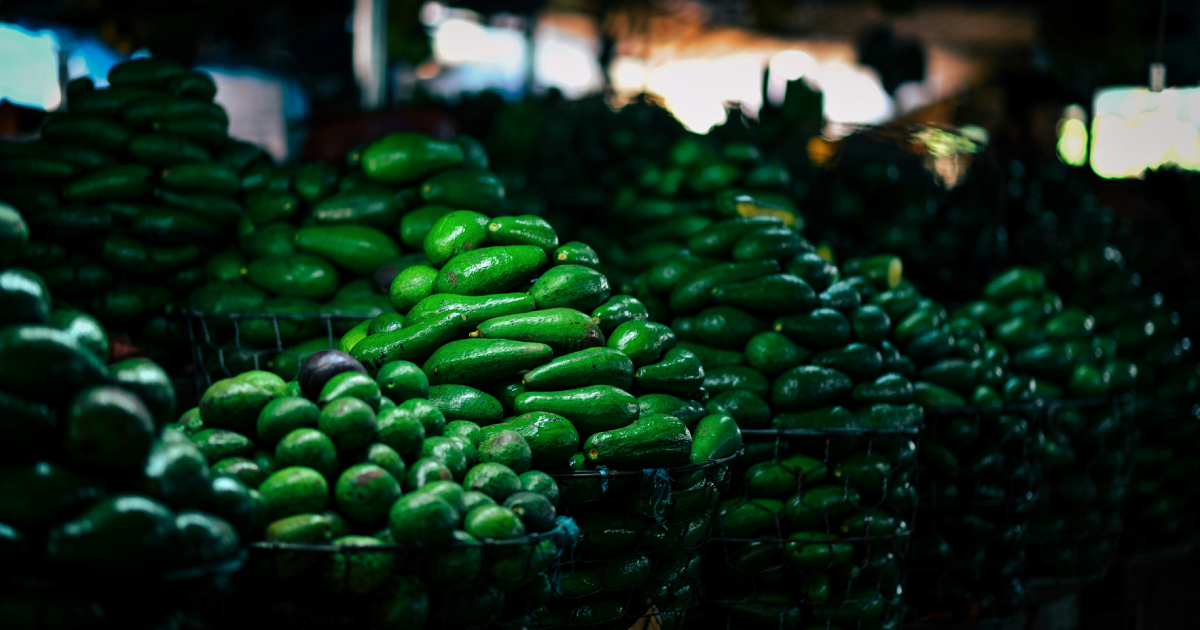
Inside Mexico’s Anti-Avocado Militias
The spread of the avocado is a story of greed, ambition, corruption, water shortages, cartel battles and, in a number of towns and villages, a fierce fightback
June 10, 2024 | Source: The Guardian | by Alexander Sammon
Phone service was down. A fuse had blown in the cell tower during a recent storm. Even though my arrival had been cleared with the government of Cherán in advance, the armed guard at the highway checkpoint, decked out in full fatigues, the wrong shade to pass for Mexican military uniform, refused to wave me through. My guide, Uli Escamilla, assured him that we had an appointment and that we could prove it if only we could call or text our envoy. The officer gripped his rifle with both hands and peered into the windows of our rental car. We tried to explain ourselves: we were journalists writing about the town’s war with the avocado, and had plans to meet with the local council. We finally managed to recall the first name of our point person on the council – Marcos – and after repeating it a number of times, we were let through.
To reach Cherán’s militarised outskirts, we had driven for hours on the two-lane highway that laces through the cool, mountainous highlands of Michoacán, in south-central Mexico. We passed through clumps of pine, rows of corn and patches of raspberry bushes. But mostly we saw avocado trees: squat and stocky, with rust-flecked leaves, sagging beneath the weight of their dark fruit and studding the hillsides right up to the edge of the road. In the small towns along the way, there, too, were avocados: painted on concrete walls and road signs, atop storefronts and on advertisements for distributors, seeds and fertilisers.
Michoacán, where about four in five of all avocados consumed in the United States are grown, is the most important avocado-producing region in the world, accounting for nearly a third of the global supply. This cultivation requires a huge quantity of land – much of it found beneath native pine forests – and an even more startling quantity of water. It is often said that it takes about 12 times as much water to grow an avocado as it does a tomato. Recently, competition for control of the avocado, and of the resources needed to produce it, has grown increasingly violent, often at the hands of cartels. A few years ago, in nearby Uruapan, the second-largest city in the state, 19 people were found hanging from an overpass, piled beneath a pedestrian bridge, or dumped on the roadside in various states of undress and dismemberment – a particularly gory incident that some experts believe emerged from cartel clashes over the multibillion-dollar trade.
